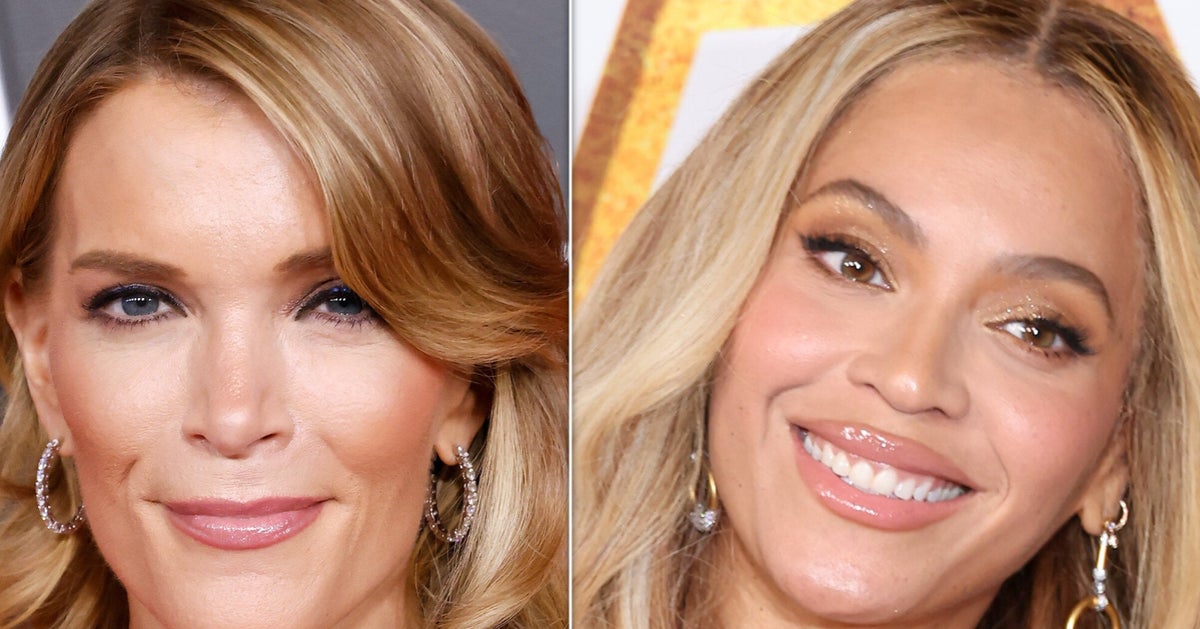Megyn Kelly has stirred controversy with her remarks regarding Beyoncé’s exploration of country music, claiming that the singer has faced little backlash for her new genre. During a segment of her show, Kelly expressed her discontent to guest Glenn Greenwald about a clip from Beyoncé’s ongoing world tour, which features Kelly’s criticism of the marketing strategy for Beyoncé’s forthcoming country album, “Cowboy Carter.”
Kelly accused Beyoncé of adopting a “victim” mentality, suggesting that the artist has overstated the negativity surrounding her venture into country music. “The vast majority of consumers and her fans celebrated her to high heaven,” Kelly asserted, arguing that Beyoncé had to search extensively online to find any criticism of her country music pursuits.
However, a simple online search with keywords like “Beyoncé,” “criticism,” and “country music” reveals a different narrative. Numerous articles recount the backlash Beyoncé has encountered, particularly after the 2016 release of her song “Daddy Lessons” from the album “Lemonade.” Her performance at the Country Music Association Awards that year, alongside The Chicks, sparked significant criticism and a torrent of racist attacks from some country music fans on social media.
One online commentator likened having Beyoncé perform at the CMA Awards to “having Taylor Swift perform at the BET Awards,” while another expressed that she “isn’t even what country represents,” according to The New York Times. Natalie Maines, the lead singer of The Chicks, described the atmosphere during their performance as uncomfortable, revealing that the CMAs received angry emails and social media outrage from viewers outraged by Beyoncé’s presence.
In a nod to her difficult experiences, Beyoncé shared on Instagram last year that “Cowboy Carter” emerged from a time when she “did not feel welcomed” in the country genre, understood by many to reference the backlash faced during her 2016 performance. She noted, “The criticisms I faced when I first entered this genre forced me to propel past the limitations that were put on me.”
Despite her efforts, “Cowboy Carter” was notably excluded from last year’s nominations at the CMA Awards. Monica Cwynar, a licensed clinical social worker who works with trauma and coping, indicated that the backlash Beyoncé has faced reflects entrenched biases in both the music industry and society more broadly.
Cwynar remarked, “People like to put individuals in boxes that make them comfortable,” and when Beyoncé ventured into a genre historically dominated by white artists, it provoked anxiety for some. She emphasized that as a Texas native, Beyoncé possesses a legitimate cultural connection to country music.
“Music should bring us together,” Cwynar stated, adding that Beyoncé’s determination to continue producing country music, despite facing pushback, signifies her dedication to authenticity and inclusion within the art form. She also stressed that discussing experiences of racism or discrimination should not be construed as “playing the victim.”
Cwynar argued that Kelly’s comments downplay the genuine challenges Beyoncé has confronted, reflecting Kelly’s own biases. “This perspective reinforces a narrative that often seeks to silence Black voices and experiences,” she explained.
In a context where Kelly implied Beyoncé’s criticisms lacked significance, Cwynar warned that such comments could be perceived as gaslighting, undermining the authenticity of the singer’s lived experiences. The consequences of dismissing feelings of racism can also significantly impact mental health, causing self-doubt and anxiety, according to Cwynar’s observations in her practice.
Ultimately, Cwynar urged those who feel invalidated in their experiences to seek out communal support where their feelings can be acknowledged. She emphasized the necessity for ongoing conversations about race and identity, particularly within the music industry and beyond, advocating continued progress and the inclusion of diverse voices.

